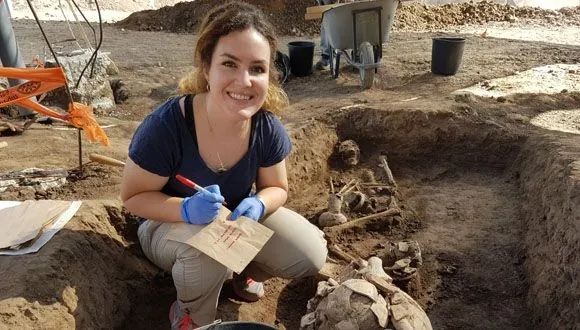
TAU Joint Study: COVID-19 Deaths Dive on Weekends
TAU Economics Prof. Neil Gandal and his brother of CCNY find one city that defies trend: New York City
Tel Aviv University’s Prof. Neil Gandal from Berglas School of Economics, together with his brother Prof. Keith Gandal from City College of New York, examined U.S. COVID-19 deaths by day of the week. Mysteriously, the same pattern has repeated every single week of the pandemic: deaths rise from Tuesday-Friday and come down Saturday-Monday, hitting a nadir on Sunday or Monday. Controlling for time trends, deaths during weekends were at least 40 percent lower than on weekdays.
According to the researchers, the average death toll from COVID-19 in the U.S. has been 901 deaths on Saturdays, 682 on Sundays, and 699 on Mondays. The Sunday-Monday average then sharply rises on Tuesdays to 1,119. Wednesdays are the worst in terms of COVID-19, with an average of 1,130 deaths – nearly 95 percent higher than your average Sunday and almost 90 percent higher than your average Monday. Then, on Thursdays, the daily average begins to go down again with 1,128 deaths, followed by 1,033 deaths on Fridays.
This weekend effect does not occur in New York City. Without New York City, deaths during the Tuesday to Friday period in the U.S. are 50 percent higher than the Saturday to Monday period.
The same effect was found in COVID-19 mortality rates for the rest of the world – though much weaker; there is a 20 percent less chance of dying from the disease on weekends than on weekdays globally. Historical research shows that such a weekend effect exists for overall deaths, but it is weaker than with COVID-19. In the case of England, for example, researchers found that for every 100 deaths among patients in a hospital on Wednesday, there are 92 deaths among similar patients in the hospital on a Sunday.
“The robustness analyses we did, and the fact that the weekend effect does not exist in NYC, suggest that our results are not likely due just to reporting issues,” says Prof. Neil Gandal. “It seems to us probable that something social or cultural is going on with overall U.S. COVID-19 deaths, corresponding to differing behaviors and attitudes tied to different parts of the week. Perhaps people tend to relax more on the weekends, even in hospitals or long-term care facilities. Meanwhile, in NYC, my brother Keith tells me, the familiar rhythms of the American week were simply wiped away between mid-March and the end of May. During that period, every day seemed the same, as in the movie ‘Groundhog Day.’ Except it was Coronavirus Day. Each day, you woke up to disbelief, dread, even horror, and soon enough, you heard the wail of ambulances. All day long, no one was on the streets. Even Times Square was empty. The sirens didn’t stop at night. Could worrying, watching the frightening news coverage of the pandemic, and ultimately panicking about COVID-19, be increasing the death toll? We leave this for future research.”
Related posts



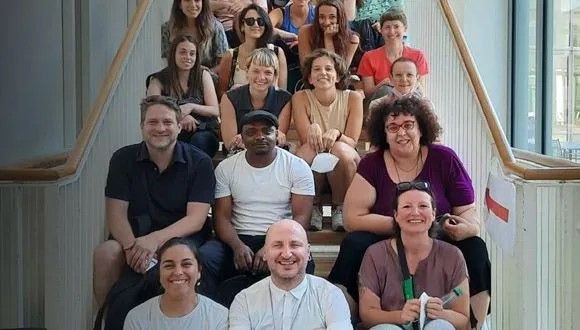

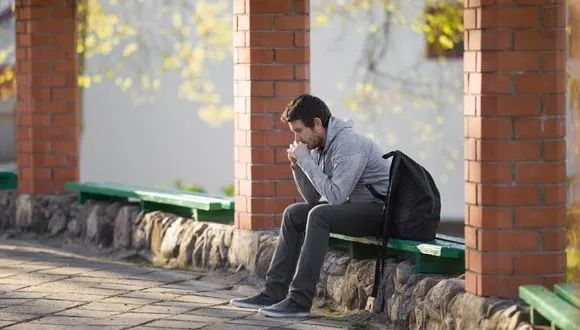

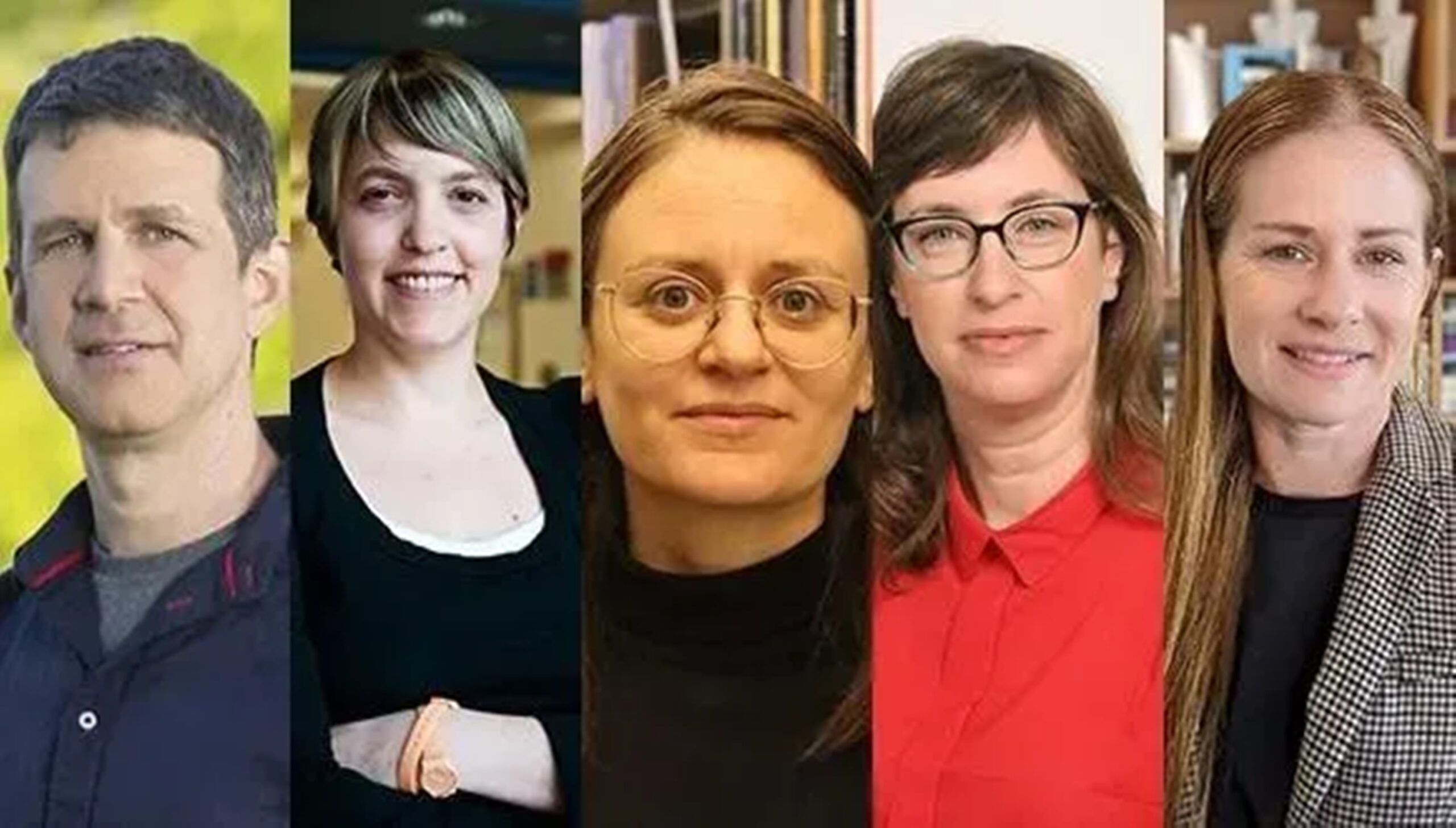


New Exhibition at the Wiener Library Features “Jews out!” – a Children’s Board Game from Nazi Germany

Common Medications May Reduce Risk of Metastases after Colon and Rectal Cancer

Surprising the Pope with The Artwork ‘Jesus from the Soil of the Holy Land’


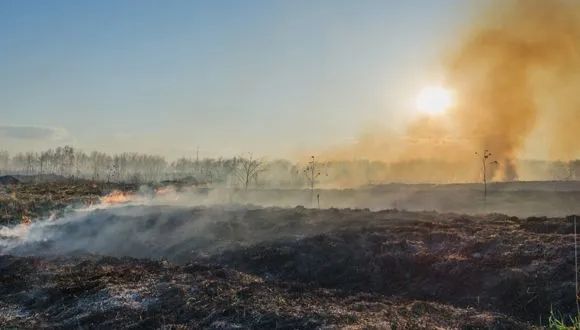
Our Ancestors Irreparably Damaged the Timna Valley Environment 3000 Years Ago
